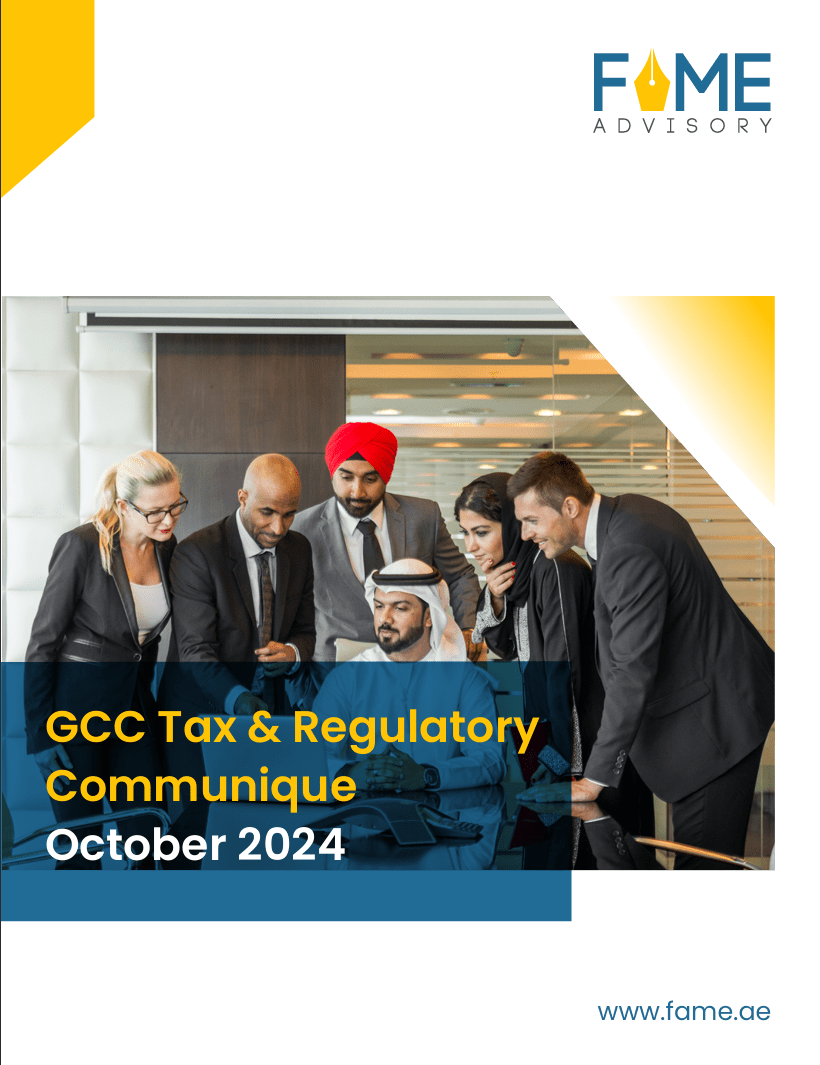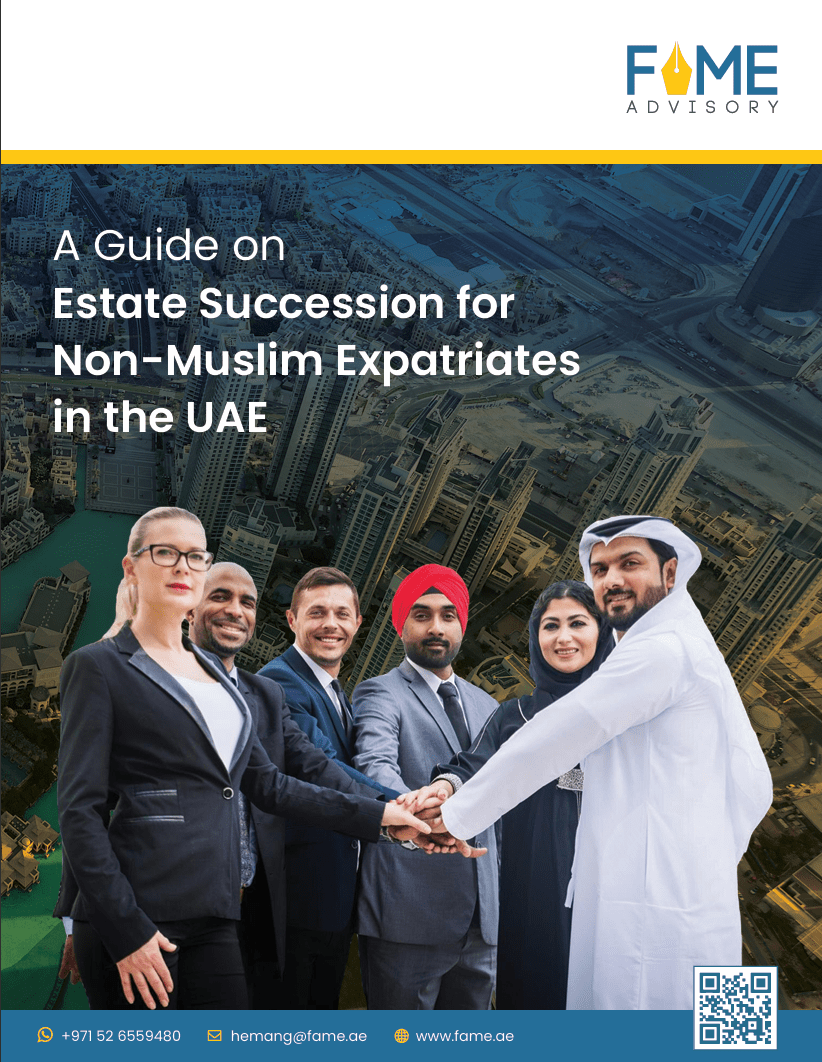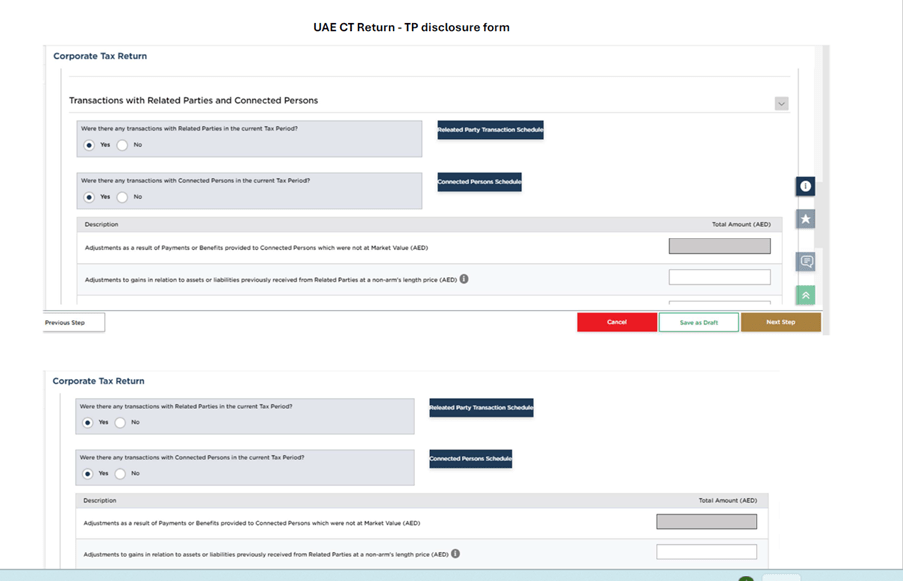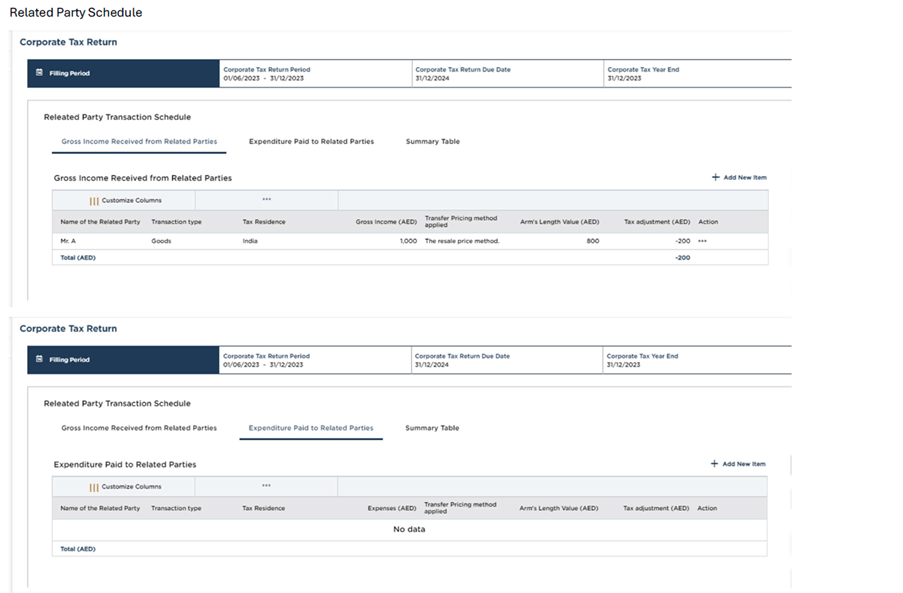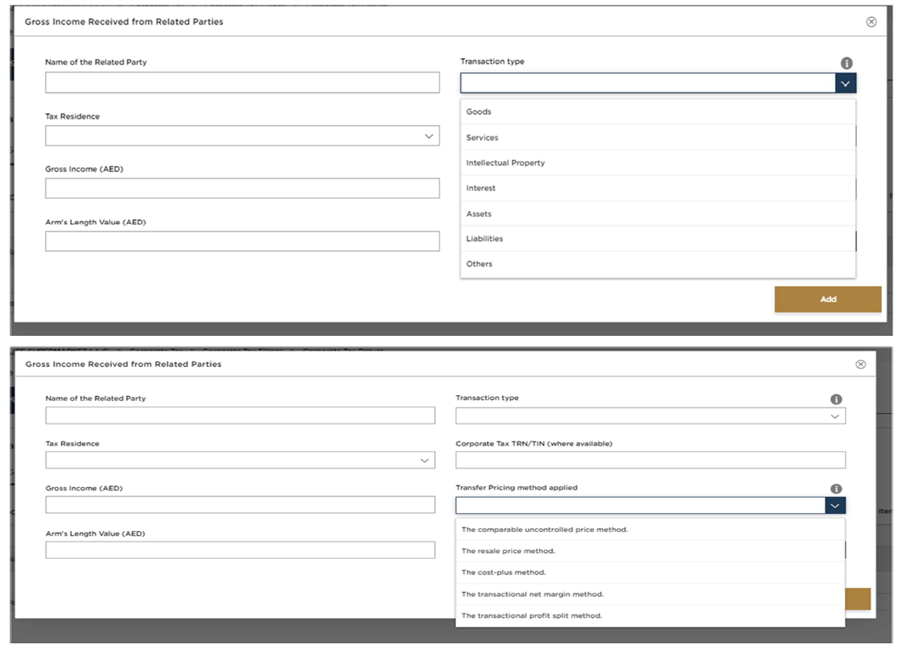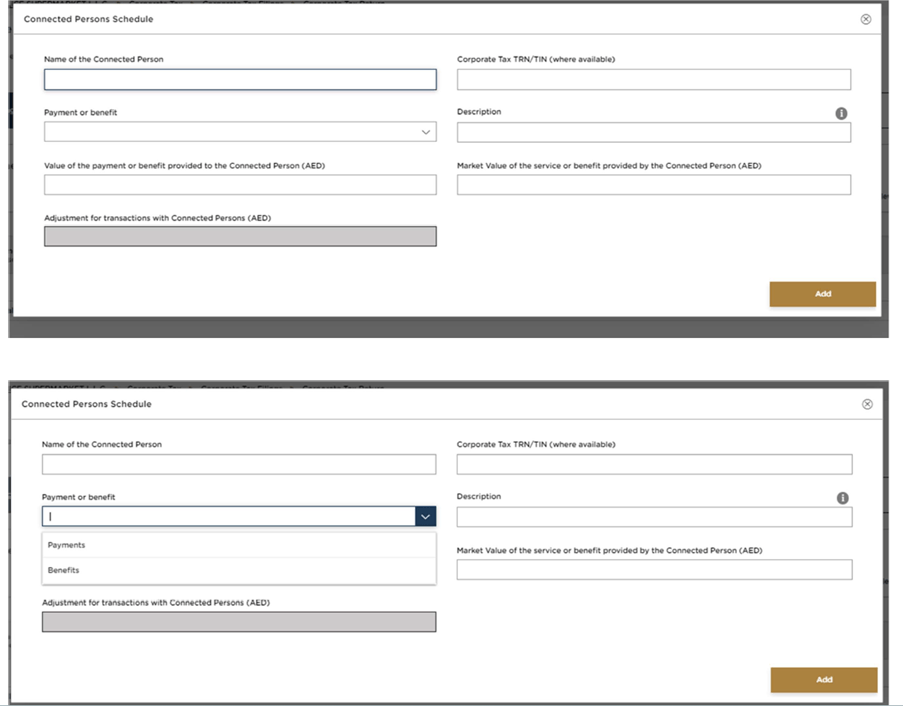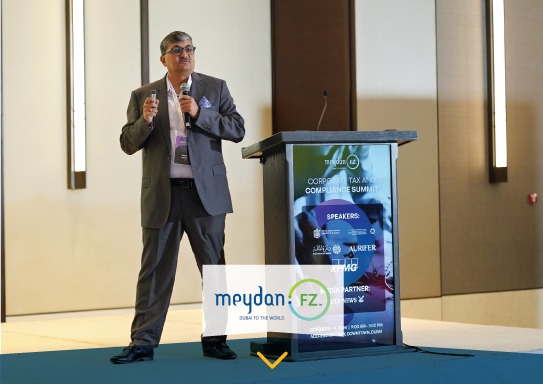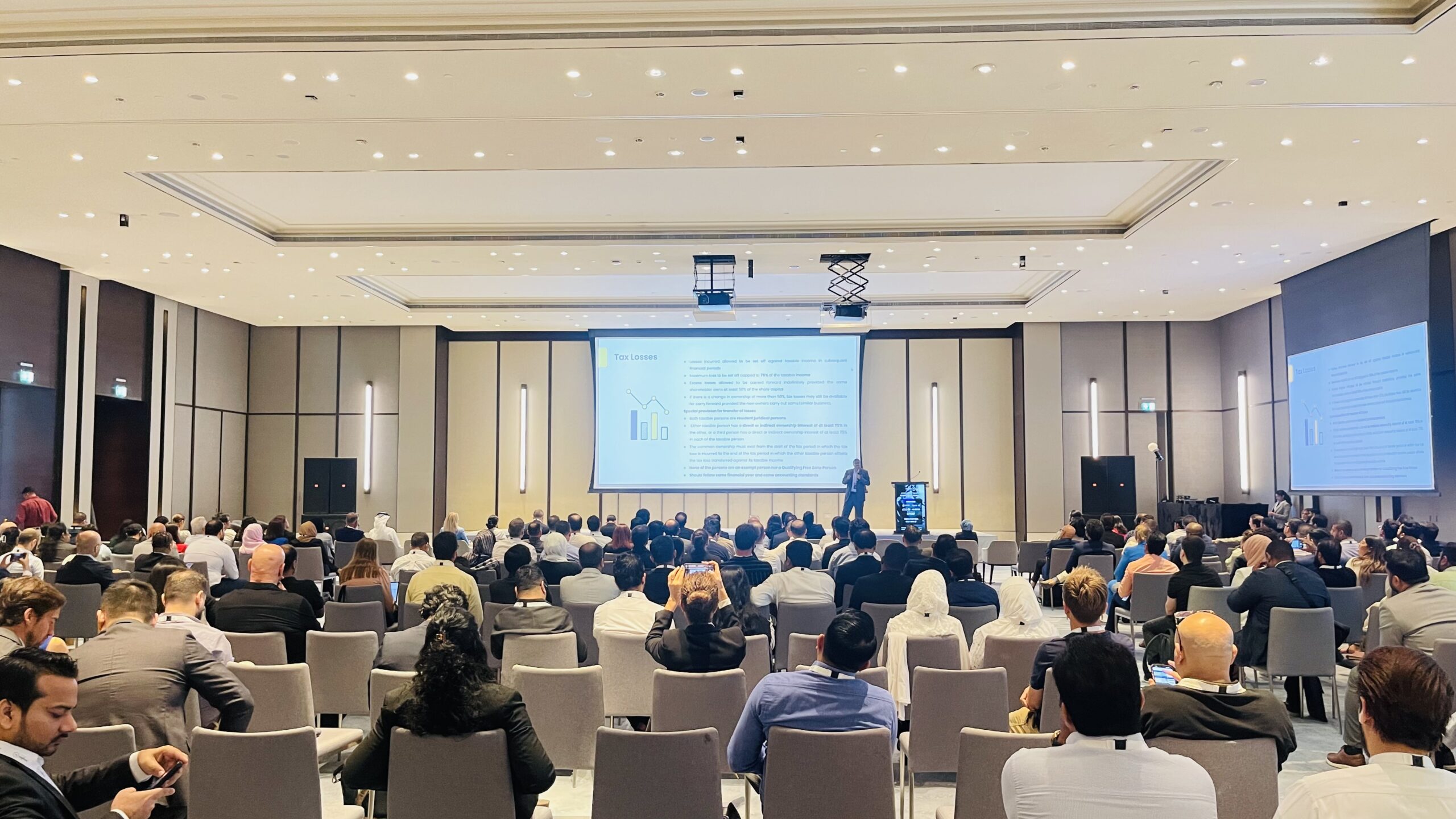Ayushi Agrawal

On 18th November 2024, the Federal Tax Authority (FTA) published a Corporate Tax (CT) Guide on “Tax Procedures for Private Clarifications”, aiming to provide general guidance to taxpayers on when and how to file for a Private Clarification.
The objective of this guide is to provide clarity on ways and means to file a Private Clarification and in what circumstances a Private Clarification can be filed and rejected by the FTA.
The key highlights of the Guide are outlined below:
What are Private Clarifications?
Private Clarifications are clarifications issued by the FTA in the form of documents that are stamped and signed by the Director General or his delegate/representative, in relation to specific tax technical matters. These documents are issued to a specific taxpayer, according to the Clarification request submitted on EmaraTax and the documents attached to the request
Eligibility Criteria
There are two types of eligibility criteria to consider, firstly whether the relevant person is eligible to submit a Clarification Request and secondly whether the specific request is eligible to be considered under the Clarification Process.
Eligible Persons
- The person seeking clarification on a tax matter of uncertainty may apply for a Clarification. In the case of a tax group, only the representative member of that tax group is permitted to request the Clarification, i.e., none of the other tax group members are allowed to submit a Clarification request.
- Tax Agents and Legal Representatives: The person’s (or tax group’s) tax agent or legal representative may apply on behalf of the person. Note that only a tax agent registered with the FTA for the specific tax type the request relates to may submit the Clarification Request on behalf of the person.
- Tax Affairs of Another Person: Clarifications will only address the tax matters of uncertainty of the Applicant and not the tax affairs of any other person. In exceptional cases, more than one person may submit a joint Clarification Request.
Eligible Matters
The taxpayer (or its authorised signatory, tax agent, legal representative, or the representative member / parent company of the specific tax group) may only submit a Clarification Request if the following requirements are met:
- The request relates to federal taxes or relevant penalties
- The request clearly indicates the relevant tax type the request relates to
- The request relates to tax legislation as applied to the facts and circumstances of the taxpayer (or in exceptional cases, taxpayers) submitting the request, i.e., the Clarification issued by the FTA is not applicable to a third party
- The request contains all the relevant information the FTA needs to consider for deciding on the correct tax treatment of the subject of the request.
Grounds for Rejection
Cases Where the Applicant is Not Eligible to Submit the Clarification Request
The Clarification Request is submitted by:
- A person representing the Applicant (e.g., the authorised signatory) but the relevant proof of authorisation is not provided.
- A tax agent but the request does not include the taxpayer’s details, such as the taxpayer’s name and Tax Reference Number (TRN).
- A natural person is reflected as the Applicant, but the Clarification Request pertains to a juridical person.
- A member of the relevant tax group other than the representative member / parent company of that tax group.
- The Applicant requests a Clarification relating to Corporate Tax but is not registered for Corporate Tax. The only exception is where the Clarification Request relates to registration.
Out of Scope Cases
The FTA will reject Clarification Requests submitted for the following, as these fall outside the scope of the Clarification Process:
- Administrative Exceptions
- Payment of administrative penalty in instalments
- Waiver of administrative penalty
- Use of a special apportionment method
- Commercial Activity Certificate
- Tax Residency Certificate (TRC), unless the request relates to whether a person is eligible to apply for a TRC
- Tax Assessment Review
- Reconsideration
- IT System issues/queries
- Advance Pricing Agreements
Cases of Incomplete or Incorrect Clarification Requests
A Clarification Request may also be rejected wherein the request for a Clarification Form is not correctly completed or is incomplete.
Cases that Do Not Represent a Tax Matter of Uncertainty
The FTA may reject a Clarification Request if the specific tax matter was already previously clarified.
Tax Audits and Assessments Cases
The FTA may reject Clarification Requests if:
- A tax assessment on the same specific tax matter was previously issued to the same Applicant.
- The Applicant is subject to a Tax Audit, Assessment or Inspection by the FTA, and the subject matter of the Clarification Request is related to the matter under Tax Audit, Assessment, or Inspection.
Other Cases
The FTA may also reject Clarification Requests for the below:
- The Clarification Request is based on a hypothetical scenario that has not been seriously considered by the Applicant.
- The Clarification Request relates to more than one tax but is not in respect of the same specific tax matter
- The Clarification Request addresses issues that the FTA suspects may constitute Tax Planning, Tax Avoidance or Tax Evasion, General Anti-Abuse Rules, or similar provisions under double taxation agreements.
Clarification Process
Submitting the Clarification Request
The Applicant can save draft versions of the request. However, the request must be submitted within 40 business days from the date the Applicant initiated the request mechanism on EmaraTax, otherwise the request will be closed.
Withdrawal of a Clarification Request
Applicants are allowed to withdraw their Clarification Request and also avail a refund if the request is withdrawn within two business days from the date the request was submitted or else the request fee would be forfeited.
Issuance of Clarifications
The FTA will issue Clarifications related to Indirect Taxes (i.e., Excise Tax and VAT) within 50 business days from the date the Clarification Request was received. If further information was requested, the Clarification will be issued within 50 business days from the date the further information was received.
In the case of Corporate Tax, Clarifications will be issued within 60 business days from the date the request was received. If further information was requested, the Clarification will be issued within 60 business days from the date the further information was received.







